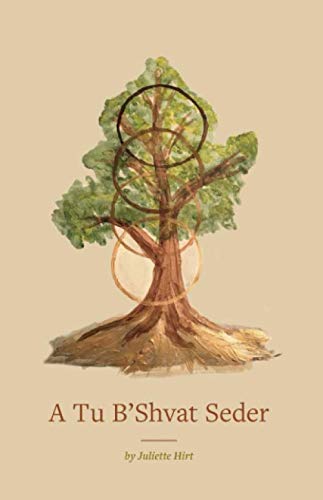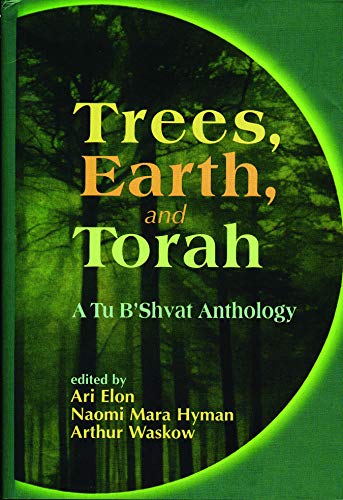When you come to the land and you plant any tree, you shall treat its fruit as forbidden; for three years it will be forbidden and not eaten. In the fourth year, all of its fruit shall be sanctified to praise the Lord. In the fifth year, you may eat its fruit. ~ Leviticus 19:23-25
Tu B'Shvat is sort of a Jewish Arbor Day, a New Years for Trees.
In the Hebrew calendar, Tu B'Shvat is the date for calculating the age of a fruit-bearing tree.
The Torah states that fruit from trees which were grown in the land of Israel may not be eaten during the first three years (called orlah); the fourth year's fruit is for God, and after that, the fruit can be eaten. Each tree is considered to have aged one year as of Tu B'Shvat, no matter when in the year it was planted.
The 15th day of the month of Shvat marks the beginning of the "new year" for trees. It is customary to plant trees and partake of the fruits of the land of Israel to mark the occasion.
The Seven Species
Deuteronomy 8:8 describes the Land of Israel as blessed with abundance, "a land of wheat and barley, of vines and fig trees and pomegranates, a land of olive trees and (date) honey …"
The seven fruits and grains listed below each have special significance in Judaism. During Tu B'Shvat, people eat the grains and fruits of these plants in celebration of spring renewal.
Wheat
Barley
The fruits of these plants play a central role in the celebration of Tu B'Shvat, as well as the holidays of Sukkot and Shavuot. In ancient days, Israelites brought bikkurim (first offerings) made up of the seven species to the temple.


